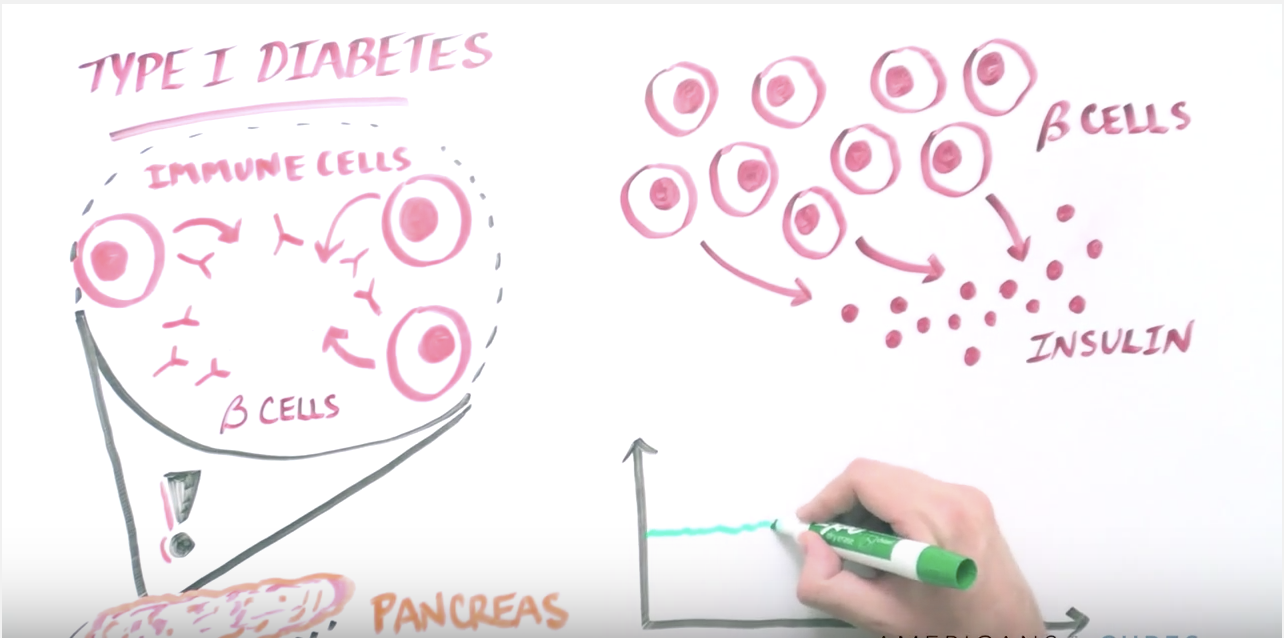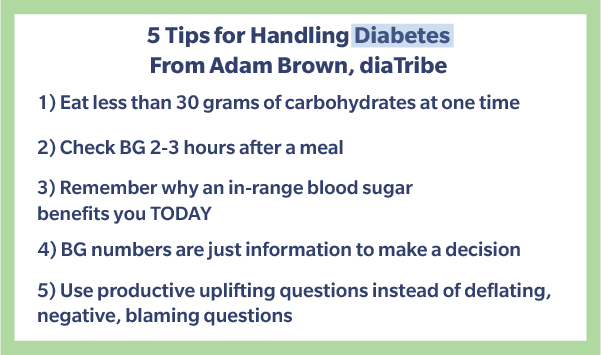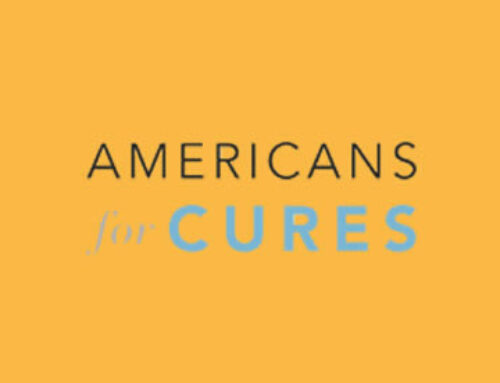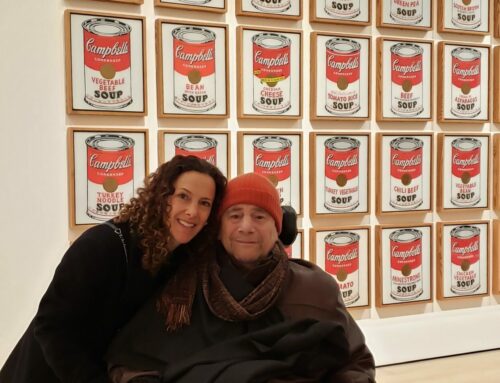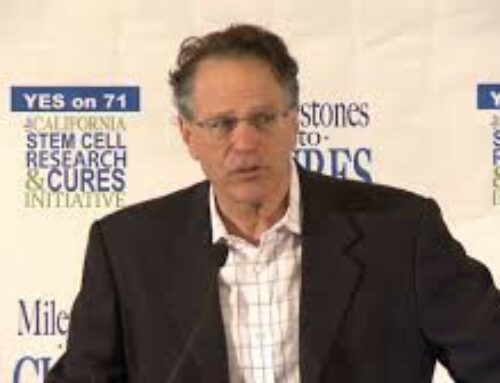Diabetes is a constant 24/7 job. More than 3 million Californians can relate to the never-ending demands of diabetes care that impact their physical, emotional, professional and financial health. With a diabetes diagnosis, patients also face the fears and reality of serious complications that include heart disease, stroke, blindness and other serious issues, making it the third leading cause of death in the state.
While there’s currently no cure for diabetes, some of the most promising treatments are being developed right here in California. Thanks to funding from the California Institute for Regenerative Medicine (CIRM), some patients living with Type I Diabetes are now showing the ability to produce their own insulin again. While this therapy is still in early-stage clinical trials, it has the potential to significantly reduce the burden of diabetes care and risks of diabetes-related health complications for millions of Californians.
CIRM was created by California voters in 2004, when we passed Proposition 71 to fund stem cell research and treatment development at universities and institutes throughout California, making the state a global leader in stem cell research. This November, voters will have an opportunity to continue this charge by voting yes on Proposition 14, which will continue to advance stem cell research and the development of treatments and cures for more than 80 chronic diseases and conditions like cancer, heart disease, diabetes, Alzheimer’s and even dangerous infectious diseases like COVID-19.
Since the creation of CIRM, California has achieved more progress in advancing research and treatments than medical and scientific experts thought possible when we began this journey. On average, it takes 12 to 15 years for new discoveries to progress from the lab through clinical trials – even then, a small fraction will gain FDA approval. CIRM has defied those odds. The average CIRM grant is less than 7 years old, yet CIRM funding has led to more than 90 clinical trials, two FDA-approved cancer treatments and nine new treatments that have earned FDA fast-track status.
While the majority of the 90-plus clinical trials are still underway, many lives have already been saved or improved. Cancer patients who had exhausted all other treatment options are now in remission; quadriplegics are regaining upper body function; blind patients are regaining their sight; and organs and tissues that have been lost or damaged are being regenerated.
Several of these clinical trials are expected to result in FDA-approved treatments and therapies in the next two to three years, and with CIRM’s nearly 3,000 published medical discoveries in the pipeline, we have the potential to provide more new treatments and cures for chronic diseases that touch the families of nearly all Californians. But, if California voters do not pass Proposition 14, our journey ends here.
Chronic disease is not just the leading cause of death, it is also the leading driver of health care spending and bankruptcies. It currently costs the state nearly $40 million every year to treat diabetes, while also costing patients and their families almost two-and-a-half times higher medical expenses than those who do not have the disease. That heavy cost burden will only continue to grow when you consider that nearly half of California’s adult population – 11 million Californians – are prediabetic or undiagnosed diabetics.
This heavy and ever-increasing financial burden associated with diabetes is emblematic of the growing strain chronic disease is placing on our state budget, California families and individual incomes. By creating new therapies to reduce the impacts of diabetes by 10 percent, CIRM funding could save Californians nearly eight times the cost of Proposition 14 – now just imagine the health care savings that could be achieved by the 90-plus clinical trials underway that are advancing treatments and cures for dozens of chronic diseases and conditions.
In the current economic climate, Proposition 14 will also provide an economic and jobs stimulus that Californians need now – it will generate an estimated $1.2 billion in additional tax revenues, and more than 100,000 jobs at no cost to the state until 2026.
I hope you join us and the growing coalition of more than 90 patient advocate organizations, hundreds of leading scientists and physicians, Nobel Prize winners, senior elected officials and the University of California by voting YES on Proposition 14 this November.
Thom Scher is the president and CEO of Beyond Type 1. Dr. Adriana Padilla is a Bakersfield physician and CIRM board member.




